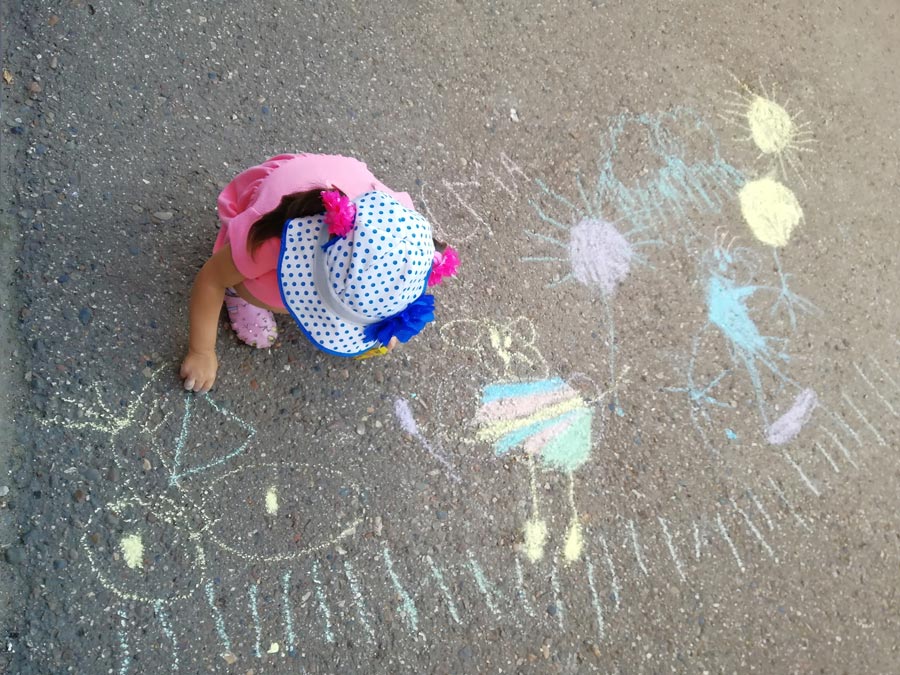‘Schools are killing curiosity’: why we need to stop telling children to shut up and learn

Report From: The Guardian
YES, Schools are killing curiosity: for example there are young children sitting cross-legged on the mat as their teacher prepares to teach them about the weather, equipped with pictures of clouds.
Outside the classroom, lightning forks across a dark sky and thunder rumbles. Curious children call out and point, but the teacher draws their attention back – that is not how the lesson target says they are going to learn about the weather.
It could be a scene in almost any school. Children, full of questions about things that interest them, are learning not to ask them at school.
Against a background of tests and targets, unscripted queries go mainly unanswered and learning opportunities are lost.
Yet the latest American research suggests we should be encouraging questions, because curious children do better.
Further, the researchers found that when it came to good school performance, the ability to stay focused and, for example, not be distracted by a thunderstorm, was less important than curiosity – the questions children might have about that storm.
Children are born curious. The number of questions a toddler can ask can seem infinite – it is one of the critical methods humans adopt to learn. In 2007.
researchers logging questions asked by children aged 14 months to five years found they asked an average of 107 questions an hour. One child was asking three questions a minute at his peak.
When teachers teach young children not to ask questions, it is not surprising that high-performing students studied by American researchers in 2013 were found to be less curious, because they saw curiosity as a risk to their results.
The questions they asked were aimed at improving their results, whereas the questions asked by more curious students were aimed at understanding a topic more deeply
Related Posts
4 actions to help end child labour and build a fair economy
Child labour is not just a historical problem but also an ongoing one. It is still depriving children of their childhoods, limiting their access to education, shortening their life expectancy, and perpetuating poverty….
November 24, 2022Life a ‘waking nightmare’ for 12 million children in Yemen
“Over 80 per cent of people require urgent humanitarian assistance and protection. Including 12 million children, whose lives are a waking nightmare….
December 12, 2020


